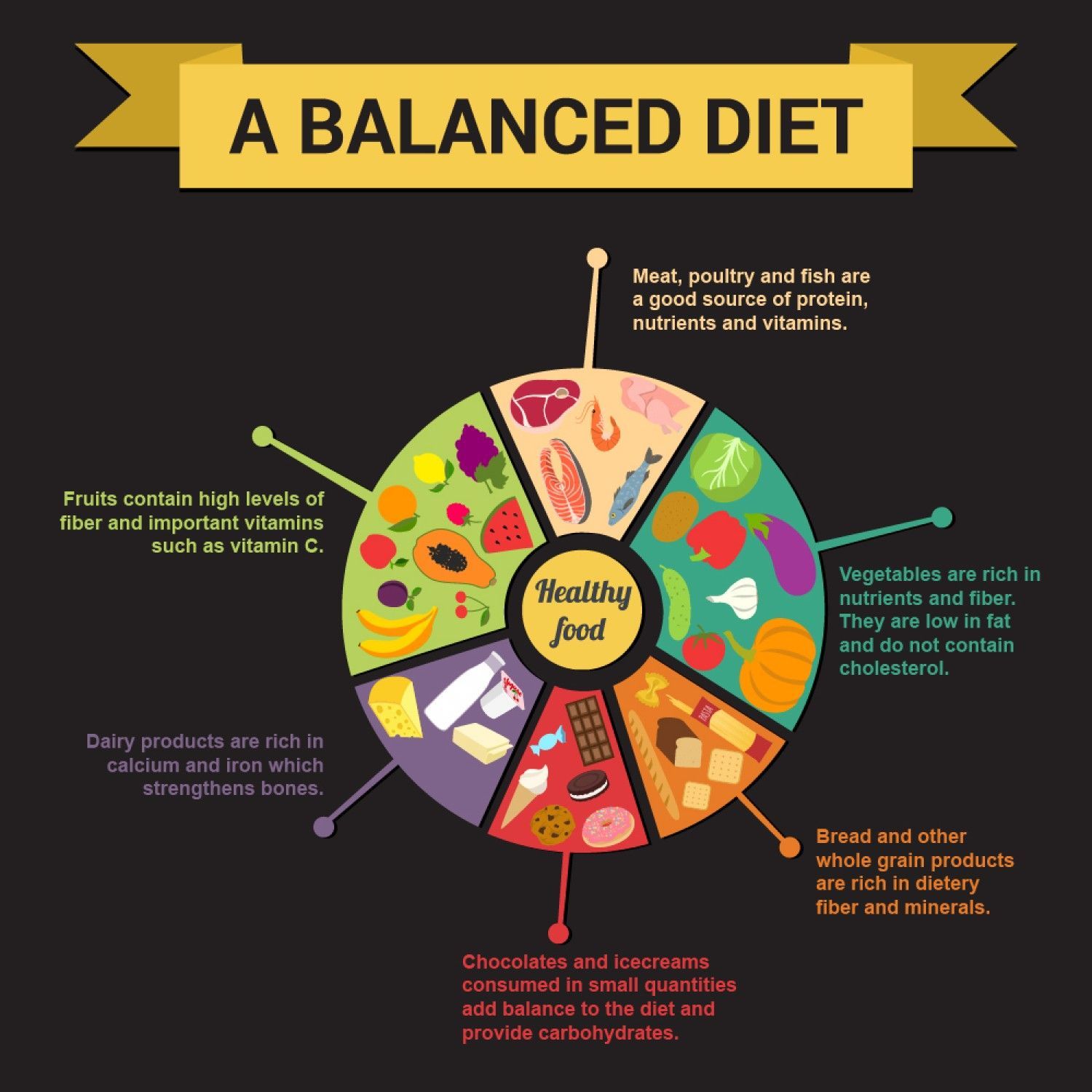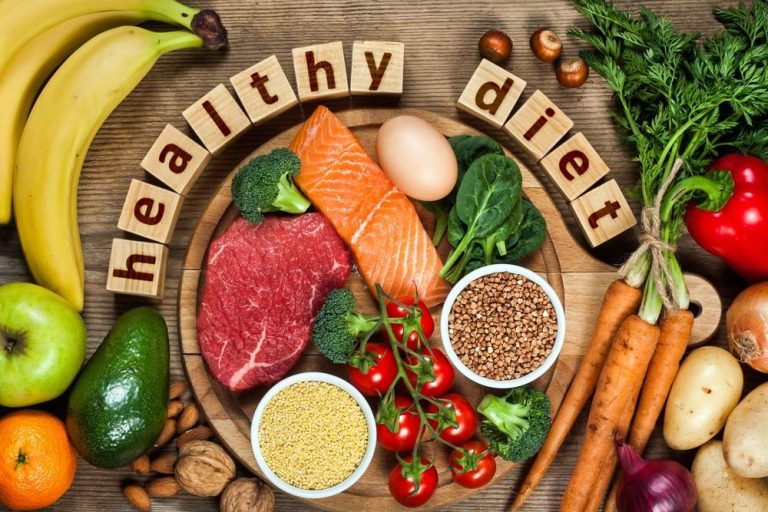Proper nutrition is vital for our overall health and well-being. One of the key components of a healthy lifestyle is maintaining a balanced diet. A balanced diet provides our bodies with the necessary nutrients, vitamins, and minerals it needs to function optimally. In this fast-paced world where convenience foods and processed snacks are readily available, it’s essential to understand and prioritize the importance of eating a balanced diet.
1. What is a Balanced Diet?
A balanced diet refers to the intake of various food groups in the right proportions to ensure our bodies receive the right amount of nutrients. It typically consists of fruits, vegetables, whole grains, protein sources, and healthy fats. Each food group plays a specific role in nourishing our bodies, and a balanced diet aims to incorporate these groups proportionally into our daily meals.
2. Nutritional Benefits
A balanced diet is essential as it provides numerous nutritional benefits for our bodies. By incorporating different food groups into our meals, we ensure a well-rounded intake of essential nutrients.
Proteins: Proteins are the building blocks of our bodies. Consuming adequate amounts of protein helps repair and rebuild tissues, supports hormonal function, and boosts our immune system. Good protein sources include lean meats, fish, legumes, and dairy products.
Carbohydrates: Carbohydrates are the primary energy source for our bodies. Whole grains, fruits, and vegetables are excellent sources of complex carbohydrates that provide sustained energy, fiber, and essential vitamins and minerals.
Fruits and Vegetables: Fruits and vegetables are packed with vitamins, minerals, and antioxidants. They contribute to strengthening our immune system, reducing the risk of chronic diseases, and promoting healthy digestion. They should be an integral part of every balanced meal.
Dairy and Calcium-rich Foods: Dairy products and calcium-rich foods are crucial for maintaining strong bones and teeth. They also contribute to optimal muscle and nerve function. Milk, cheese, yogurt, and leafy greens such as spinach are examples of calcium-rich foods.
Healthy Fats: Healthy fats, found in foods like avocado, nuts, and oily fish, are essential for brain function, vitamin absorption, and hormone production. Including these fats in moderation is important for a balanced diet.
3. Health Benefits
A balanced diet plays a critical role in maintaining good health and preventing a range of diseases.
Weight Management: A balanced diet helps in maintaining a healthy weight. By eating wholesome foods in the right proportions, we can manage our calorie intake and ensure we consume essential nutrients. This can help prevent obesity and related health issues such as diabetes, heart disease, and certain types of cancer.
Improved Mental Well-being: A well-nourished body positively impacts our mental health. Essential nutrients from a balanced diet contribute to better brain function, improved mood, and increased concentration. It can help reduce the risk of mental health conditions like depression and anxiety.
Lower Risk of Chronic Diseases: A diet rich in fruits, vegetables, whole grains, and lean proteins can reduce the risk of chronic diseases such as heart disease, stroke, and certain types of cancer. The antioxidants and phytochemicals found in these foods have powerful disease-fighting properties.
4. Building Healthy Eating Habits
Cultivating healthy eating habits starts with a balanced diet. Here are some tips to help incorporate a balanced diet into your daily routine:
Eat a variety of colors: Different colored fruits and vegetables provide a wide range of vitamins and minerals. Aim to include a rainbow of colors on your plate.
Portion control: Be mindful of portion sizes and avoid overeating. Balanced meals should consist of appropriate serving sizes of each food group.
Limit processed foods: Processed foods tend to be high in unhealthy fats, sugar, and sodium. Opt for whole, unprocessed foods whenever possible.
Stay hydrated: Water is essential for our overall health. Drink plenty of water throughout the day and reduce sugary drinks.
Plan and prepare meals: By planning and preparing your meals in advance, you have more control over ingredients and can ensure a balanced diet.
5. Conclusion
In conclusion, a balanced diet is fundamental for maintaining good health and well-being. It ensures our bodies receive a variety of essential nutrients necessary for optimal functioning. Incorporating a balanced diet into your lifestyle can lead to numerous benefits, including weight management, improved mental well-being, and a reduced risk of chronic diseases. By adopting healthy eating habits and making conscious food choices, we can pave the way to a healthier and happier life.









